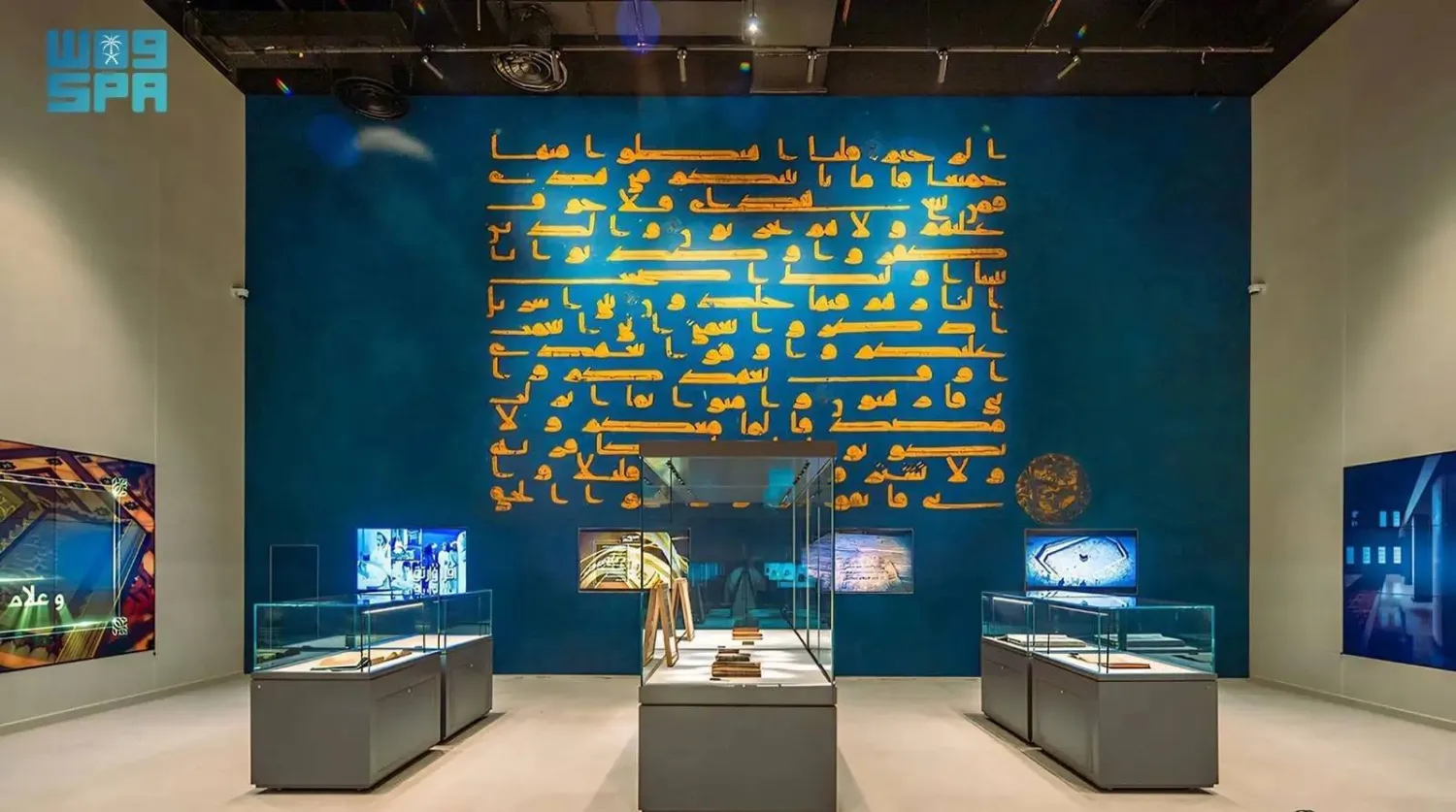At the height of ISIS’ rampage across Syria, the world watched in horror as the militants blew up an iconic arch and temple in the country’s famed Roman ruins in Palmyra.
Eight years later, ISIS has lost its hold but restoration work on the site has been held up by security issues, leftover ISIS land mines and lack of funding.
Other archaeological sites throughout Syria face similar problems, both in areas held by the government and by the opposition. They were damaged by the war or, more recently, by the deadly 7.8-magnitude earthquake that struck a wide area of neighboring Türkiye and also Syria in February.
Youssef Kanjou, a former director of Syria's Aleppo National Museum, said the situation of heritage sites in his country is a “disaster.”
Without a coordinated preservation and restoration effort, said Kanjou, now a researcher at Tübingen University in Germany, "We will lose what was not destroyed by the war or the earthquake."
Before the war, Palmyra — one of Syria’s six UNESCO world heritage sites — was the country’s archaeological crown jewel, a tourist attraction that drew tens of thousands of visitors each year. The ancient city was the capital of an Arab client state of the Roman Empire that briefly rebelled and carved out its own kingdom in the third century, led by Queen Zenobia.
The militants later destroyed Palmyra's historic temples of Bel and Baalshamin and the Arch of Triumph, viewing them as monuments to idolatry, and beheaded an elderly antiquities scholar who had dedicated his life to overseeing the ruins.
Today, the road through the desert from Homs to Palmyra is dotted with Syrian army checkpoints. In the town adjacent to the ancient site, some shops have reopened, but signs of war remain in the form of charred vehicles and burned-out or boarded-up stores and houses.
The Palmyra Museum is closed, and the much-loved lion statue that used to stand in front of it has been moved to Damascus for restoration and safekeeping.
In 2019, international experts convened by UNESCO, the United Nations' cultural agency, said detailed studies would need to be done before starting major restorations.
Youmna Tabet, program specialist at the Arab states unit of UNESCO's World Heritage Center, said restoration work often involves difficult choices, particularly if there isn't enough original material for rebuilding.
“Is it worth it to rebuild it with very little authenticity or should we rather focus on having 3D documentation of how it was?” she said.
Missions to the site were held up at first by security issues, including land mines that had to be cleared. ISIS cells still occasionally carry out attacks in the area.
Money is also a problem.
"There is a big lack of funding so far, for all the sites in Syria,” The Associated Press quoted Tabet as saying, noting that international donors have been wary of breaching sanctions on Syria, which have been imposed by the United States, the European Union and others.
US sanctions exempt activities related to preservation and protection of cultural heritage sites, but sanctions-related obstacles remain, such as a ban on exporting US-made items to Syria.
Russia, an ally of Syrian President Bashar Assad's government, has begun restoring Palmyra's triumphal arch, the largest-scale project underway to date at the site.
“We have some funding from some friends in some places, but it is not sufficient in relation to the disaster that occurred,” said Mohammad Nazir Awad, director general of Syria's department of Antiquities and Museums.
It doesn't have to be this way, said Maamoun Abdulkarim, who headed the antiquities department at the time of the ISIS incursion. Abdulkarim pointed to the international push to recover damaged heritage sites in the city of Mosul in neighboring Iraq, also controlled by the militants for some time, as an example of a successful restoration.
“We need to make some separation between political affairs and cultural heritage affairs,” said Abdulkarim, now a professor at the University of Sharjah. He warned that damaged structures are in danger of deteriorating further or collapsing as the rehabilitation work is delayed.
The deadly Feb. 6 earthquake caused further destruction at some sites already damaged by the war. This includes the old city of Aleppo, which is under the control of the government, and the Byzantine-era church of Saint Simeon in the Aleppo countryside, in an area controlled by Turkish-backed opposition forces.
About one-fifth of the church was damaged in the earthquake, including the basilica arch, said Hassan al-Ismail, a researcher with Syrians for Heritage a non-governmental organization. He said the earthquake compounded earlier damage caused by bombings and vandalism.
The group tried to stabilize the structure with wooden and metal supports and to preserve the stones that fell from it for later use in restoration.
Ayman al-Nabo, head of antiquities in the opposition-held city of Idlib, appealed for international assistance in stabilizing and restoring sites damaged by the earthquake.
Antiquities should be seen as “neutral to the political reality,” he said. “This is global human heritage, which belongs to the whole world, not just the Syrians."
Restoration Lags for Syria's Famed Roman Ruins at Palmyra

Tourists visit Roman ruins in Palmyra, Syria, Tuesday, May 11, 2023. (AP Photo/Omar Sanadiki)

Restoration Lags for Syria's Famed Roman Ruins at Palmyra

Tourists visit Roman ruins in Palmyra, Syria, Tuesday, May 11, 2023. (AP Photo/Omar Sanadiki)
لم تشترك بعد
انشئ حساباً خاصاً بك لتحصل على أخبار مخصصة لك ولتتمتع بخاصية حفظ المقالات وتتلقى نشراتنا البريدية المتنوعة







